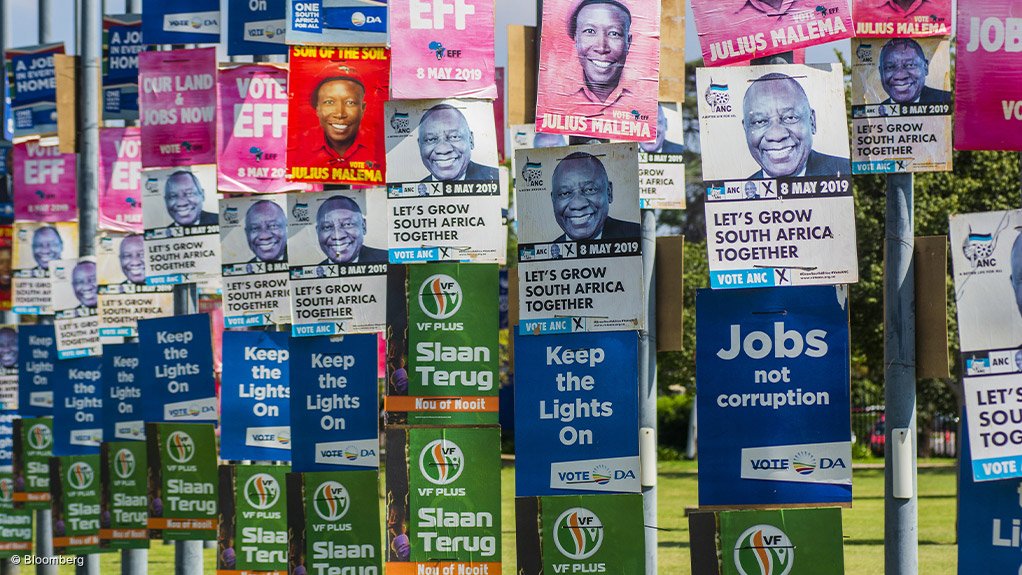The Political Party Funding Act (PPFA) propels South Africa into the modern age of good governance, says former South African politician Valli Moosa, who has always believed that a country’s Constitution should regulate the affairs of political parties.
“The aim is to make it difficult for people in business to bribe politicians and political parties. As government is such a significant procurer, businesses want a share of its substantial budget and pay bribes to do so.”
These bribes are disguised as donations and businesses expect favours in return, which they receive, says Moosa, highlighting that South Africa’s three biggest parties are all guilty of accepting these bribes, and that this goes beyond what is in front of the Zondo Commission.
In the corporate world, companies must practice good governance in terms of the Companies Act and the King Code, while other professions, such as the medical industry, are also held to the highest of standards.
“However, prior to the PPFA, political parties were under no pressure to practice good governance,” says Moosa.
The Act, which will come into effect on April 1 this year, provides a list of permitted and unpermitted donors.
“A political party may not take contributions (in cash or kind) from a state-owned enterprise or government department, receive funds that are proceeds of crime or from foreign governments, which up until now were permitted to fund South African political parties,” states Moosa.
The Act also places a limit on the funding of political parties, stating that donations from a single source may not be greater than R15-million over the period of a year to prevent a political party from being “owned” by one financial source.
With this sum still being significant, Moosa lobbied Parliament on this matter, while political parties pushed for a higher limit.
“I think it is an extremely high number, because R10-million is enough to buy control of a smaller party. However, it is still better that we have a number rather than have no limit.”
Further, any donation (in cash or kind) above R100 000 received over the course of a year must be declared by a political party to the Independent Electoral Commission (IEC), which will publish a list of donations made to political parties each quarter, giving specific details of private citizens and corporate donors.
“For the first time, the public will be made aware of companies’ contributions to political parties.”
The IEC has employed staff and set up the requisite systems, as well as started training political parties, to facilitate the requirements of the Act.
Political parties will now also be required to have their financials audited by an independent auditor, which has always been the “norm for everyone else”, states Moosa.
These audited financials will also need to be submitted to the IEC.
Subsequently, political parties will need to appoint accounting officers, who will be responsible for submitting information to the IEC, with consequences for not doing so.
Previously, political parties may have had a CFO or a treasurer, but Section 12 1C specifically stipulates that a political party must appoint a party official or office bearer as its accounting officer, as well as an auditor registered and practising as such in terms of the Auditing Professions Act to audit its books and financial statements.
“The Act fundamentally changes the functioning of politics in South Africa. It is something that is completely new and its promulgation was partly encouraged by concern about the corruption in our country.”
For nine years, Moosa was involved in sculpting South Africa’s Constitution, responsible for running the ANC’s negotiations from 1990 to 1994 and from 1996 up until 1999 was the late President Nelson Mandela’s Constitutional Development Minister.
“When we adopted the new Constitution in 1996 at the Constitutional Assembly, it was a near perfect document and lauded worldwide for being one of the most modern Constitutions.”
However, it still failed to regulate political party funding, which Moosa believes should be in the purview of a modern Constitution.
“Political parties are not private clubs but public institutions that collectively run Parliament and make laws and decide on how much taxes should be paid and how taxes should be spent,” he avers.
However, at that time, none of the political parties were keen for such regulations to be included and, owing to a strict timeline, “we needed to move on”.
It was this sense of “unfinished business” that motivated the retired politician, about four years ago, to revisit the issue of political party funding.
“As it turned out, in 2017/18, South Africa had a unique set of conditions (one being concern about a corrupt government administration from within the ruling party itself), creating the right climate to make progress on this matter,” Moosa recalls.
This article was first published in the Chartered Governance Institute of Southern Africa’s quarterly Boardroom magazine, www.chartgov.co.za
EMAIL THIS ARTICLE SAVE THIS ARTICLE ARTICLE ENQUIRY
To subscribe email subscriptions@creamermedia.co.za or click here
To advertise email advertising@creamermedia.co.za or click here











